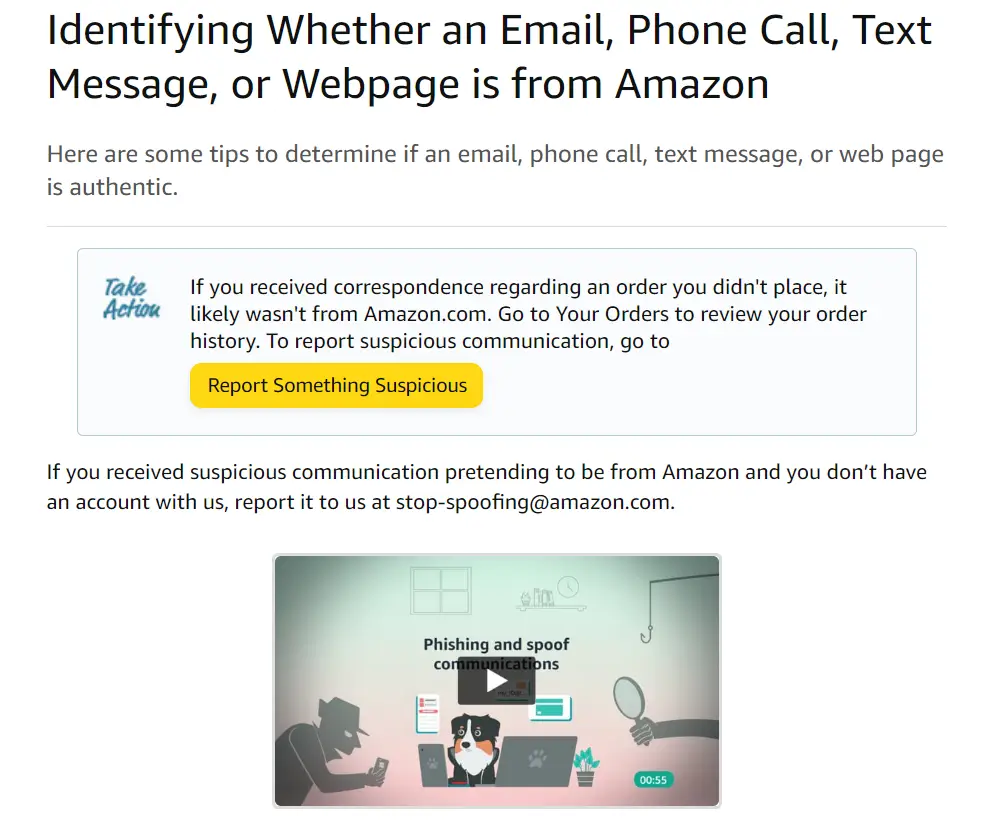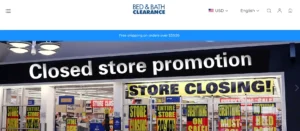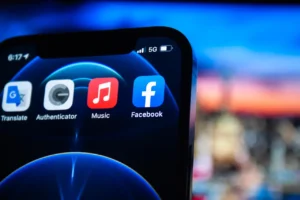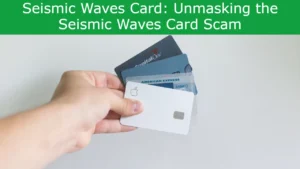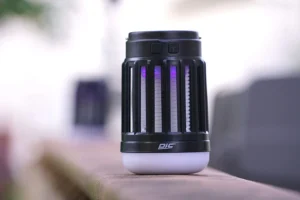Amazon Email Gift Card Purchase Scam Email: Are you an avid online shopper who loves the convenience of Amazon gift cards?
Beware of a new scam targeting unsuspecting customers like you. In this article, we will reveal how cybercriminals exploit Amazon’s gift card system through deceptive emails.
Learn to spot the red flags and take action if you’ve fallen victim to this scam.
Plus, we’ll share invaluable tips to protect yourself against email gift card scams in the future.
Stay one step ahead and keep your hard-earned money safe.
Table of Contents
The Anatomy of the Scam Email
You need to be aware of the key elements in the anatomy of the scam email. First and foremost, the sender’s email address may look legitimate, but upon closer inspection, you’ll notice slight variations or misspellings. They try to trick you into thinking it’s from a reputable source, such as ‘amaz0n.com’ instead of ‘amazon.com’.
Next, pay attention to the subject line. Scammers often use urgent or enticing language to grab your attention, like ‘Your Amazon Gift Card Purchase Confirmation!’ or ‘Act Now to Claim Your Free Rewards!’
Once you open the email, be cautious of any attachments or links. They might contain malware or redirect you to a malicious website.
Additionally, keep an eye out for poor grammar and spelling errors, as reputable companies usually have professional communication.
Stay vigilant and trust your instincts when it comes to identifying scam emails.
How Cybercriminals Exploit Amazon’s Gift Card System
The cybercriminals exploit Amazon’s gift card system by using various tactics to deceive unsuspecting users. One common method is through phishing emails that appear to be from Amazon, asking recipients to purchase gift cards for various reasons, such as resolving a supposed issue with their account or claiming a prize. These emails often contain convincing logos and branding to trick users into thinking they’re legitimate.
Another tactic involves scammers posing as customer service representatives and contacting users directly, asking them to provide gift card codes as a form of payment or verification. Some cybercriminals also use stolen credit cards to purchase gift cards, which they can then sell at a discounted price or use for their own purchases.
These tactics exploit the trust and convenience of Amazon’s gift card system, making it crucial for users to remain vigilant and verify the legitimacy of any requests before taking any action.
Red Flags to Look Out for in Suspicious Emails
What are some red flags to watch for in suspicious emails?
When it comes to identifying potentially dangerous emails, there are several warning signs you should be aware of.
First, pay attention to the sender’s email address. If it looks unfamiliar or suspicious, proceed with caution.
Second, be wary of emails that contain grammatical or spelling errors, as these can indicate a scam.
Third, be cautious of emails that create a sense of urgency or pressure you to take immediate action, such as providing personal information or making a payment.
Fourth, look out for email attachments or links that you weren’t expecting or that seem out of place.
Finally, be cautious of emails that ask for sensitive information, such as passwords or financial details.
Steps to Take If You’ve Fallen Victim to the Scam
If you’ve unfortunately fallen victim to the scam, it’s crucial to take immediate action to protect your personal and financial information.
The first step is to contact your bank or credit card company to report the fraudulent transaction and request a chargeback if possible. They can also advise you on any additional steps you need to take, such as cancelling your card or changing your account information.
Next, you should report the scam to the relevant authorities, such as the Federal Trade Commission (FTC) or your local law enforcement agency. Providing them with all the details of the scam can help in their investigations and prevent others from becoming victims.
Additionally, it’s important to monitor your financial accounts regularly for any suspicious activity and consider placing a fraud alert or freeze on your credit reports to prevent further fraudulent activity.
Lastly, educate yourself about common scams and phishing techniques to protect yourself in the future.
Tips for Safeguarding Yourself Against Email Gift Card Scams
To protect yourself against email gift card scams, be vigilant and never share your personal information or gift card codes with unknown or suspicious sources.
Scammers often pose as legitimate businesses or individuals to trick you into providing them with your sensitive information. One important tip is to always verify the authenticity of the email or sender before taking any action.
Check for any red flags such as spelling errors, grammatical mistakes, or unfamiliar email addresses. It’s also advisable to contact the company or individual directly through their official website or customer service hotline to confirm the legitimacy of the email or gift card offer.
Additionally, be cautious when clicking on any links or attachments in emails, as they may contain malware or lead to fraudulent websites.
Frequently Asked Questions
How Can I Report a Suspicious Email to Amazon if I Receive a Scam Email Regarding Gift Card Purchases?
If you receive a suspicious email about gift card purchases, report it to Amazon immediately.
They have a dedicated support team to handle these issues and can assist you in taking the necessary steps to protect your account.
Are There Any Legal Actions Being Taken Against Cybercriminals Involved in This Specific Scam?
Legal actions are being taken against cybercriminals involved in this specific scam.
You should report any suspicious emails to Amazon.
They’ll work with law enforcement agencies to investigate and prosecute those responsible.
How Can I Check the Authenticity of an Email Claiming to Be From Amazon Regarding Gift Card Purchases?
To check the authenticity of an email claiming to be from Amazon about gift card purchases,
you should carefully review the sender’s email address,
look for grammatical errors,
and avoid clicking on any suspicious links or attachments.
What Are the Most Common Tactics Used by Cybercriminals to Trick Victims Into Purchasing Gift Cards?
The most common tactics used by cybercriminals to trick victims into purchasing gift cards include:
- Impersonating trusted companies
- Creating a sense of urgency
- Using fear or intimidation
It is important to be cautious and verify before making any purchases.
Is It Possible to Recover the Money Lost if I Have Fallen Victim to This Scam?
Yes, it’s possible to recover the money lost if you have fallen victim to this scam.
Contact your bank or credit card company immediately and report the fraudulent transaction.
They can guide you through the process of disputing the charge and potentially refunding your money.
Conclusion – Amazon Email Gift Card Purchase Scam Email
In conclusion, it’s crucial to stay vigilant and cautious when it comes to email gift card scams, particularly those involving Amazon.
By being aware of the red flags and taking necessary steps to protect yourself, such as verifying emails and avoiding sharing sensitive information, you can minimize the risk of falling victim to these cybercriminals.
Remember, prevention is always better than dealing with the aftermath of a scam.
Stay informed and stay safe.
Also Read
Is Store-News@Amazon Legit? Amazon Gift Card Email Scam
Google Play Gift Card Amazon Scam Email Explained
Amazon Hotels.Com Gift Card Scam Email Exposed
Also Read

